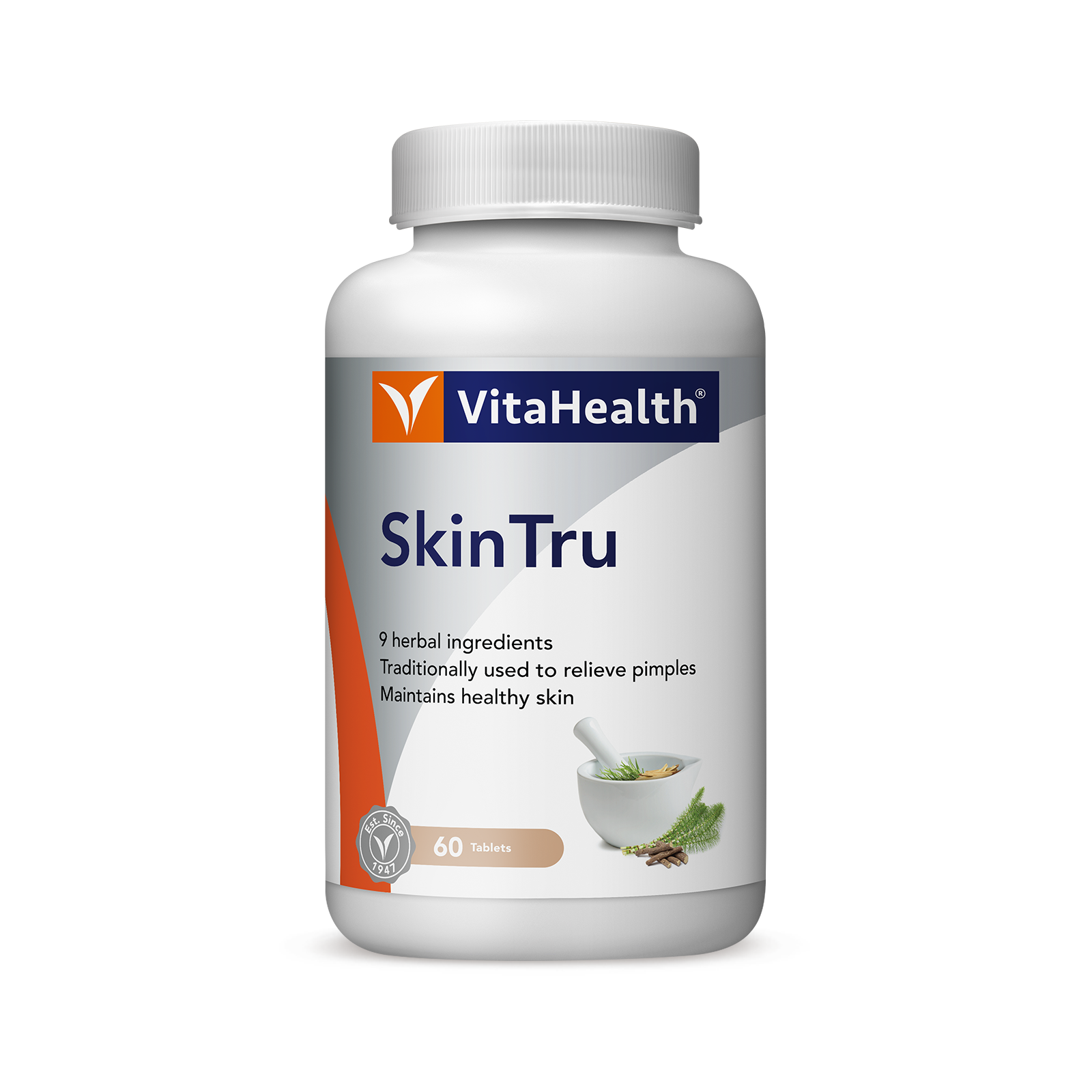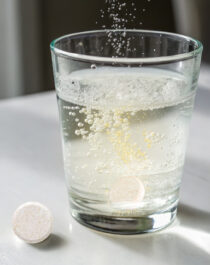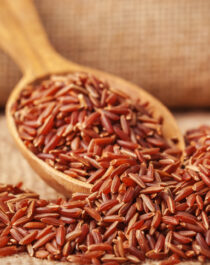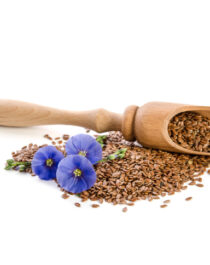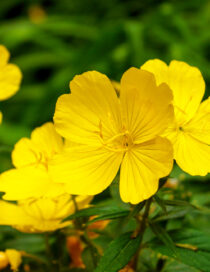Understanding Acne
Acne can be frustrating. Waking up to new breakouts, especially before an event or meeting, can affect your mood and confidence. For some, acne even influences self-esteem and emotional wellness. Understanding what causes acne is the first step in managing it.
Acne is a common skin condition characterised by red pimples, commonly appearing on the face, neck, chest, back, and shoulders. These areas have more oil glands, which makes them more prone to clogged pores.
Acne starts when excess oil and dead skin cells block the hair follicles. Once the pore is clogged, it creates a warm space where bacteria like P. acnes can grow. Over time, the clogged follicle becomes inflamed, and that is when a pimple appears.
Why Breakouts Happen
Acne doesn’t appear without reason. Sometimes it feels sudden, but in many cases, breakouts are influenced by what is happening inside our body and what our skin is exposed to on the outside. Understanding the triggers can help you manage your skin better and prevent future flare-ups.
Internal factors:
- Genetics or family history
- Hormonal changes (menstruation, puberty, stress)
- Stress or lack of sleep
External factors:
- Hot and humid weather
- Skincare or makeup that clogs pores
- Diet choices high in sugar, dairy, and fried foods
- Not cleansing the skin properly
Everyone’s skin reacts differently. Paying attention to your personal triggers can make it easier to manage breakouts and support clearer, healthier skin over time.
Treating Acne from the Inside Out
For longer-lasting improvement, it helps to care for your skin from within. Your body needs the right nutrients to balance oil production, support healthy skin renewal, and calm inflammation.
Topical creams and prescribed medications can help reduce acne, but they often work on the surface and may come with side effects when used long-term. Focusing on internal balance, paired with a gentle skincare routine, creates a stronger foundation for clearer skin.
Helpful habits include:
- Drink enough water to help flush toxins
- Eat more fresh fruits and vegetables
- Reduce processed foods, sugary snacks, dairy, and fried foods
- Get enough sleep
- Manage stress
- Avoid touching it often
- Cleanse and gently exfoliate
- Exercise regularly
Natural Herbal Support for Acne
Herbal remedies offer a gentle and natural approach to supporting clearer skin. Unlike chemical-laden acne treatment, herbal formulas are derived from plant sources, which makes them generally milder and suitable for longer-term use.
Certain herbs have been traditionally used for skin wellness, especially for those dealing with frequent breakouts. These include:
- Horsetail: Supports skin repair
- Licorice: Reduces skin redness
- Burdock: Purifies the blood
- Yellow dock: Eliminates waste products
- Barley: Improves skin hydration
- Dulse: Soothe irritated skin
- Rosemary: Fights acne-causing bacteria
- Angelica: Reduces blemishes
- Turmeric: Calms inflamed skin
These herbs work synergistically to heal acne from within, from detoxifying the blood, to killing acne-causing bacteria, managing inflammation and rejuvenating the skin.
Take Control of Your Skin
Acne doesn’t define you, and it doesn’t have to control your everyday life. When you support your skin from within, nourish your body, and keep up with healthy daily habits, real improvement can happen. Pairing natural herbal support with a balanced diet, proper hydration, gentle skincare and stress management can help your skin look clearer and feel healthier over time.




